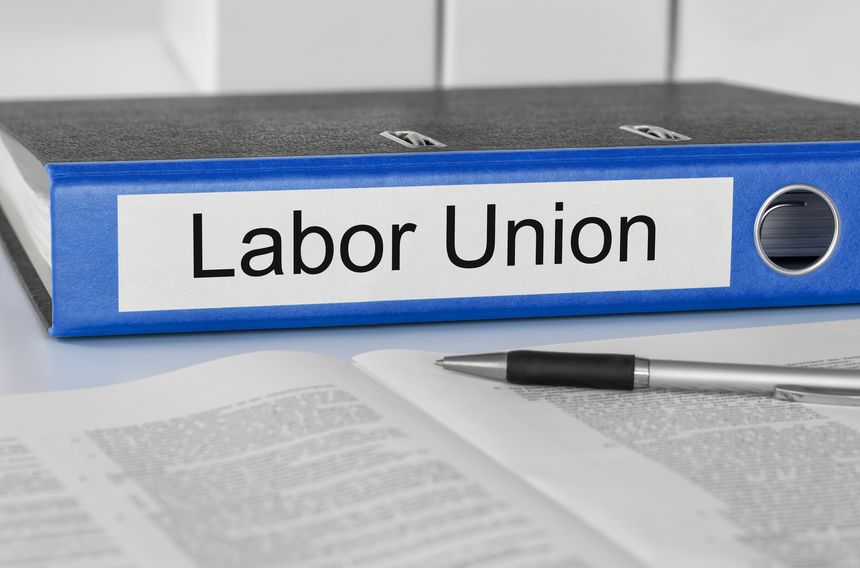Last week, I had the privilege of speaking on a panel for the Chicago Chapter of the Labor and Employment Relations Association discussing how collective bargaining and collaborative labor-management relationships can strengthen democratic institutions and advance workplace equity. Unions have long been instrumental in passing key legislation that shapes the American workplace and workers' rights as they exist today. The FLSA, OSHA, and child labor laws are just a few examples of legislation where unions played a critical role. The panel, a mix of neutrals, academics, and former NLRB Chair Lauren McFerran, engaged in a lively and spirited discussion. But it got me thinking, are unions' role in American politics a thing of the past?
In 2024, the Teamsters declined to endorse a candidate for President of the United States for the first time since 1996. The union has endorsed the Democrat in every presidential election since 2000, including Trump’s opponents, Joe Biden in 2020 and Hillary Clinton in 2016. But, internal Teamsters polling conducted in September 2024 found that the vast majority of the rank-and-file union membership preferred Trump over Harris, which may have played a part in the Teamsters' decision to refrain from an endorsement.
And earlier this week, the national president of the American Federation of Government Employees called on Senate Democrats to end the government shutdown by agreeing to pass a clean continuing resolution to reopen the government. The AFGE represents more than 800,000 workers in “nearly every” federal government agency. The union has filed numerous lawsuits against the administration challenging President Trump's Executive Orders, RIF plans, and the closing of various government agencies. So, while unions may not be the political powerhouse they once were, it appears that they will continue to play a role in American politics for the foreseeable future.


/Passle/68b577fd8118878331f0b95e/MediaLibrary/Images/2026-02-05-19-03-42-414-6984e98ed522dbbaed5f8c68.jpg)
/Passle/68b577fd8118878331f0b95e/SearchServiceImages/2025-12-29-14-30-37-025-6952908dad04586c3adaa04c.png)
/Passle/68b577fd8118878331f0b95e/SearchServiceImages/2025-12-15-21-00-50-123-69407702986c138eb56d0442.jpg)
/Passle/68b577fd8118878331f0b95e/SearchServiceImages/2025-12-09-03-25-30-124-693796aa6a72147741bd19d7.jpg)